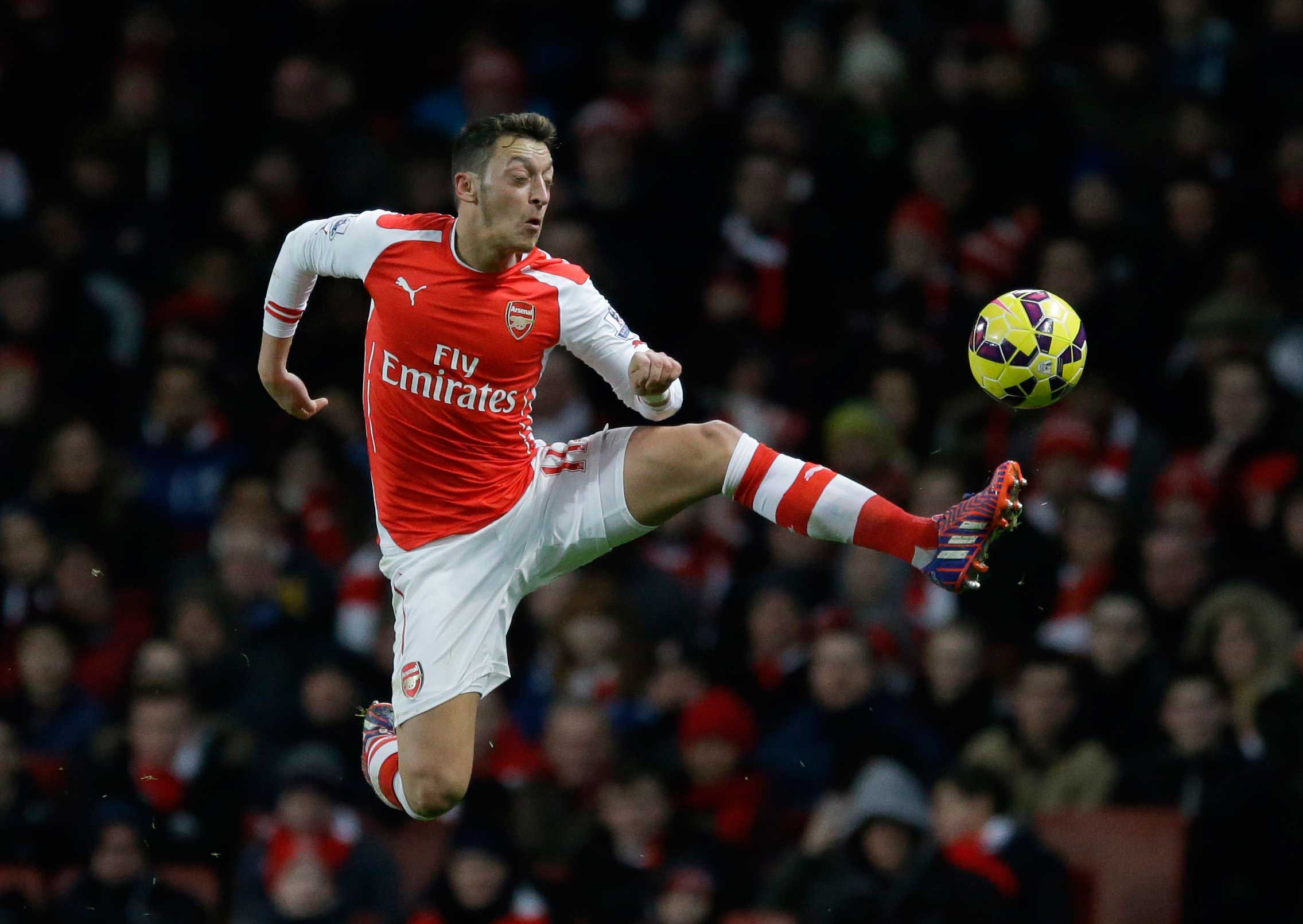
It’s become unfashionable in recent years to question the logic of paying astronomical sums for the rights to broadcast English soccer’s top competition, the Barclays Premier League.
But that’s exactly what the stock market is doing today after the eye-popping auction Tuesday for domestic broadcasting rights over the next three seasons, cementing the Premier League’s place as the world’s most valuable sports franchise after the NFL.
Sky Plc and BT Group Plc bid a total of 5.136 billion pounds ($7.85 billion) between them for the rights, an increase of over 70% from the current package that expires at the end of the 2015-2016 season.
For comparison, that’s an average of $2.6 billion a season, compared to $4.44 billion a season under the NFL’s current contract with its network partners, which runs through 2022. The U.K. has less than a quarter of the U.S.’s population and its TV market is worth proportionately even less, so the price implies a much higher price per second of viewer time than for the NFL — and that in a market where consumer incomes are substantially lower than in the U.S.
Ever since Sky first bought the rights for the top flight of English soccer 20 years ago, it has repeatedly dumbfounded critics who said it was overpaying for the franchise. Most of the City analysts who predicted that overspending on soccer would kill it have long disappeared into anonymity.
But that skepticism is back Wednesday, with the City daring again to doubt that the company can recoup its outlay through subscriptions. As in the U.S., disposable incomes have stagnated in Britain since the 2008 crisis, so paying extra to watch the likes of Diego Costa, Wayne Rooney and Co. every week is going to mean doing without other luxuries (like toothpaste and food for the kids). Sky said it “will work hard to minimize the impact of higher rights costs on our customers,” according to the Daily Mail, but the company’s shares fell 5% at the opening and had only recouped 1% by lunchtime in London.
As it has always done in the past, Sky went overboard to defend its dominance, buying five out of the seven packages on offer, the maximum allowed under the auction rules. As a result, it paid 82% more than under the current deal, an average of over 10 million pounds a game (or 1,887 pounds a second, if you prefer). By contrast, BT only raised its average bid by 18%.
In hindsight, it may have been that Sky was bidding only against itself. Going into the auction, there had been speculation that Discovery Channel and Qatar-backed BeIn Sports would also join the fray, but it wasn’t clear Wednesday whether they had actually bid.
The massive increase in bidding is all the more surprising when you consider that it only covers the U.K. market, so Sky and BT have no opportunity to defray the costs on to what is still a very fast-growing international audience.
The Premier League stopped saying five years ago exactly how much it sells its overseas rights for, but they grew from an average of 8 million pounds a season in the first deal in 1992 to 216 million pounds a season for the 2007-2010 deal, a 27-fold increase. For comparison, the price of the domestic rights “only” went up by a factor of 15 in the same period.
More Must-Reads From TIME
- The 100 Most Influential People of 2024
- The Revolution of Yulia Navalnaya
- 6 Compliments That Land Every Time
- What's the Deal With the Bitcoin Halving?
- If You're Dating Right Now , You're Brave: Column
- The AI That Could Heal a Divided Internet
- Fallout Is a Brilliant Model for the Future of Video Game Adaptations
- Want Weekly Recs on What to Watch, Read, and More? Sign Up for Worth Your Time
Contact us at letters@time.com